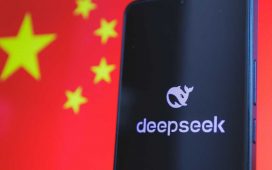
These aren’t the first AI models to slip out of Apple’s research labs. Earlier this year, the company published AI models that can edit photos through written prompts, and another to help people optimize their use of an iPhone. Interestingly, six of the researchers named as authors of a paper describing the latter technology were former Google employees hired in the last two years.
Making friends
Apple also seems to be exploring potential partnerships. In recent months, we’ve heard it has spoken with both Google and Baidu to make their AI models available to iPhones; last week, we heard it has recommenced discussions with OpenAI.
This has led both to speculation of an AI-dedicated App Store from which users can access bespoke selections of third-party AI solutions and rumors Apple seeks to license third-party models to enable its devices.
Apple also seems focused on augmenting its existing apps with AI. AppleInsider claims the company is testing a version of Safari with a built in AI-powered intelligent search agent capable of providing summaries of websites.
Think ethically
Throughout all of this, Apple has maintained a tight silence about the totality of its AI strategy. Critically, however, it’s important to understand that the company is not interested in building solutions that provide incorrect or inappropriate responses and would rather be cautious than to introduce an AI that is flawed. It seeks to develop ethical, useful AI that provides real benefits to users while retaining privacy.
This also extends to how it trains its AI models; if you look at its published research papers, you’ll find many of those it has revealed have been trained using publicly available data, rather than breaching copyright.












